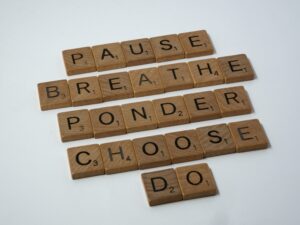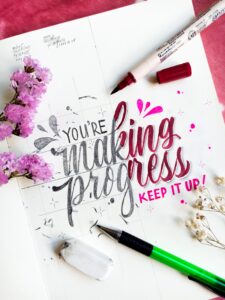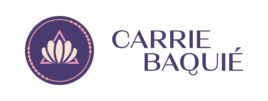Setbacks are pivot points; you can either allow them to consume you with fear or bust through with strength and resilience. Recovering from brain injury is not linear, but rather full of ups and downs, zigs and zags. Flare-ups are part of the process. How you deal with them makes difference between getting stuck and growing.
Last week was a hard week as I came face to face with some health setbacks. Specifically, I realized that my memory is more fragile than I want to believe. No doubt, I have come so far. That progress gave me confidence which in turn allowed for some blind spots. I was forgetting that my brain is incredibly vulnerable.

What happened?
I started noticing red flags the week previous. Large chunks of conversations missing from my recall made me uncomfortable. Then a friend got pretty pissed at me. Her frustration stemmed from the fact that several conversations between us had completely evaporated from my mind. She and I both were overconfident in my memory recovery.
The thing about memory issues is that forgetter often doesn't know they have forgotten.
With my friend I didn’t just forget pieces of the conversation, I forgot the conversations ever happened. I didn't even know, I didn't know.
Now is it reasonable to expect anyone to remember every exchange? No! I’ll give myself that grace. But I was remembering so much more…
Then, suddenly, all these red flags were hitting me hard. This felt like a major backslide and I panicked. The fear held me for a couple of days until I realized that my downward spiraling was making the situation worse.
When a person experiences emotions based in fear, the ancient reptilian part of the brain (the Limbic System) is activated. As this system fires up, it pulls energy and resources from the front part of the brain (frontal lobe) responsible for higher cognitive functions such as memory and processing. That front part goes offline. And oh boy, did I feel it!

So What Did I Do?
I recognized this setback as a pivot point. I paused, quieted myself down and got centered in two affirmations that always pull me out of the fear:
- This is just temporary; this too shall pass.
- I am resourceful even in my darkest moments. My capacity to find solutions is limitless.
As the panic released its grip, I reflected on what had changed in my behaviors and environment. I asked how am I
- Sleeping?
- Fueling my body?
- Moving my body?
- Managing stress?
Sleep, nutrition, movement, and stress are critical factors in brain health. Each time I experience a setback, I find that one of these behaviors is out of whack. This time all four contributors needed my attention. I wasn’t using my dental device for my sleep apnea. I was making poor food choices and not exercising. In terms of stress, I realized that I was disconnected from Spirit and had let slip practices that ground and center me.

Then What?
With this understanding, I created a plan to bookend my days.
In the morning, I am now waking up consistently with enough time to
- Move my body
- Journal
- Capture
- Gratitudes for the past
- Excitements for the future
- Affirmations for the present
- Eat a healthy breakfast
In the evening, I am making space to
- Close out the day with tracking of food, time and cycle
- Meditate 5-10m
- Read 10 pages
- Get to bed at a reasonable time
- Use my dental device
In between, I am making healthier food choices. I am also digging into the incredible benefits of fasting for healing the brain and body starting with Dave Asprey’s book Fast This Way. Dr. Mindy Pelz and Dr. Stephanie Estima are helping me to understand the nuances of fasting for women which are so critical to gaining the desired benefits.
After a week of consistently leaning into these strategies, I am already feeling better in mind, body and spirit. I have less brain fog, more mental agility, increased energy and greater calm. I used my setback as a pivot point from fear to action to hope and healing. The journey to recovery continues forward as I reinforce habits that support not just my health but my overall well-being.

